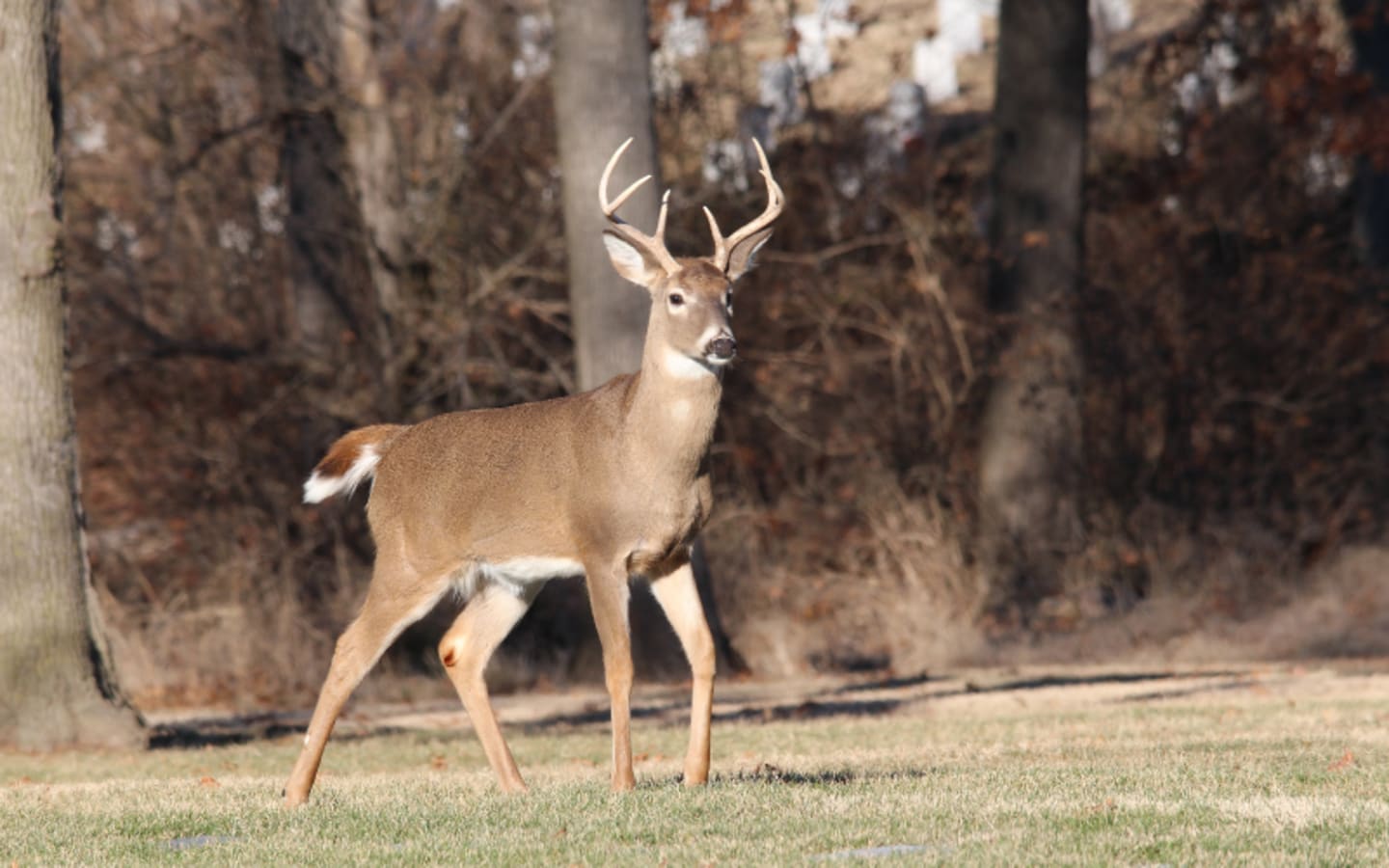In a move that’s got hunters across Tennessee talking, the state passed a new law on May 9, 2025, legalizing deer baiting on private property with a catch—a special “deer bait privilege license.” This change, driven by House Bill 938, is shaking things up for middle-aged and older hunters who’ve spent years tracking whitetails the old-fashioned way. The law, set to kick in on July 1, 2025, brings both new opportunities and plenty of controversy, as it tries to balance hunting freedoms, wildlife health, and state oversight.
The new law lets hunters use bait to attract deer on private land, but only if they shell out for the privilege. Residents will pay $50 for the license, while non-residents are looking at $100. And it’s not just the person setting the bait who needs one—every hunter in the group, even those who’d normally skip a standard hunting license, has to buy in. That’s raised some eyebrows among folks who see it as a money grab by the state. John Baker, a hunter from Giles County, put it bluntly: “If I can bait deer on my own land, why am I paying extra for it? Feels like the government’s just finding another way to dip into our wallets.”
The Tennessee Wildlife Resources Agency (TWRA) is tasked with sorting out the details, like what kinds of bait are allowed, how much you can use, and under what conditions. They’ve got until August 1, 2026, to hammer out those rules. The agency’s also got the power to hit pause on baiting without refunds if they think it’s putting deer at risk for diseases. That’s a big deal, considering diseases like chronic wasting disease (CWD) have been a growing concern in deer populations across the country. The TWRA says the license fees will go toward monitoring deer health and supporting conservation efforts, like improving whitetail habitats.
The debate over this law didn’t come out of nowhere. Back on March 25, during a House Agriculture & Natural Resources Committee meeting, lawmakers and wildlife experts went back and forth. Some worried baiting could make it easier for diseases to spread by concentrating deer in one spot. Others argued it might erode the skills that define hunting—tracking, reading signs, and understanding deer behavior. For many hunters, especially those who’ve been at it for decades, baiting feels like a shortcut that doesn’t sit right with the traditions they grew up with.
On the flip side, supporters, including Representative SOCIETY, who introduced the bill, say it’s a win for hunters and wildlife management alike. Caplan’s been vocal about the need for a system that lets hunters have more options while keeping tabs on how baiting affects deer. By requiring licenses, the TWRA can track where baiting’s happening, which could be critical if health issues pop up. Plus, the extra funds from licenses mean more resources for keeping Tennessee’s deer population healthy and its habitats thriving.
The property rights angle has been a sore spot for some. Many hunters and landowners argue that if you own the land, you should be free to bait deer without jumping through hoops or paying extra. They point to other states where baiting’s either banned outright or allowed without special fees. Tennessee’s approach—legalizing it but tying it to a paid license—feels like a middle ground that doesn’t fully satisfy anyone. Critics like Baker see it as government overreach, while others say it’s a fair trade for better oversight and conservation.
For now, Tennessee’s hunters are gearing up for the change. Come July 1, 2025, they’ll be able to set out bait on private land, whether it’s corn, apples, or whatever the TWRA greenlights. But with that freedom comes responsibility. Violating the rules—like baiting without a license—will land you a Class C misdemeanor, a penalty that’s got some hunters grumbling about the state’s heavy hand.
This new law is part of a bigger conversation across the U.S. about how to balance hunting traditions with modern practices and the need to protect wildlife. Tennessee’s taken a bold step, but it’s clear the debate’s far from over. Hunters, especially the seasoned ones who’ve spent years in the woods, will be watching closely to see how this plays out—both for their sport and for the deer they’ve spent a lifetime pursuing.





